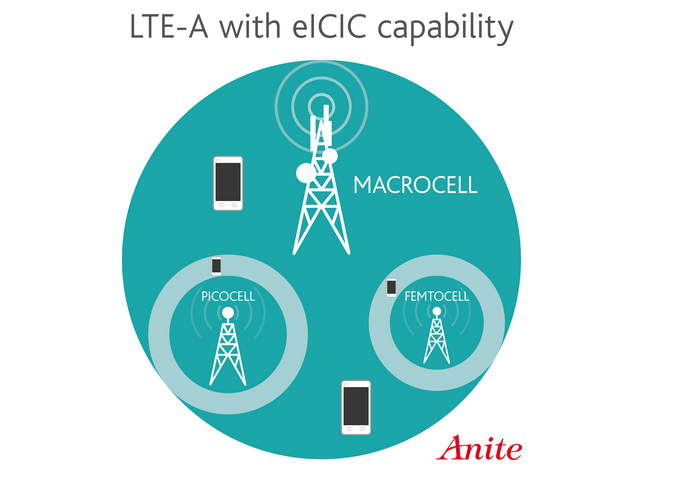
Anite, a global leader in wireless equipment testing technology, announced that it has launched LTE-Advanced (LTE-A) Scenario Mode capability in its Development Toolset. Scenario Mode, an easy-to-use graphical interface, enables engineers without specific programming skills to quickly and effectively develop and edit test scripts.
Continual advances in wireless technology have resulted in increasingly complex mobile devices that need more testing to ensure they perform as expected. In addition, many operators require new technology to be compatible with legacy systems and to work on different frequencies and networks around the world. More comprehensive testing in the early stages of the R&D lifecycle leads to fewer issues during the commercialisation of a device, thereby accelerating time to market.
Users of Anite’s LTE-A Scenario Mode are able to create most types of tests – even the most complex ones – through a simple drag and drop graphical interface. It offers a procedure-based rather than a message-based approach to script creation, which can make test creation simpler and faster. The user creates a complete test by assembling procedure blocks without necessarily working through each message in detail.
Anite’s Development Toolset provides users with a unique level of flexibility and control to quickly validate complex lower layer test scenarios, with access to a powerful suite of tools that supports the entire wireless device development lifecycle, from pre-silicon protocol module development through to systems integration and verification.
Anite recently announced that it was first to release a flexible and comprehensive eICIC enriched LTE-A device testing solution, based on its Development Toolset. In February Anite was first to announce support for industry-leading peak data rates for LTE-A Carrier Aggregation.
“The launch of LTE-A enabled Scenario Mode within our Development Toolset further demonstrates Anite’s market leading roadmap and solution capability”, says Paul Beaver, Products Director at Anite. He continues, “Supporting our chipset and device manufacturing customers with simplified and rapid testing in the early development stages will help to accelerate new devices to market”. |